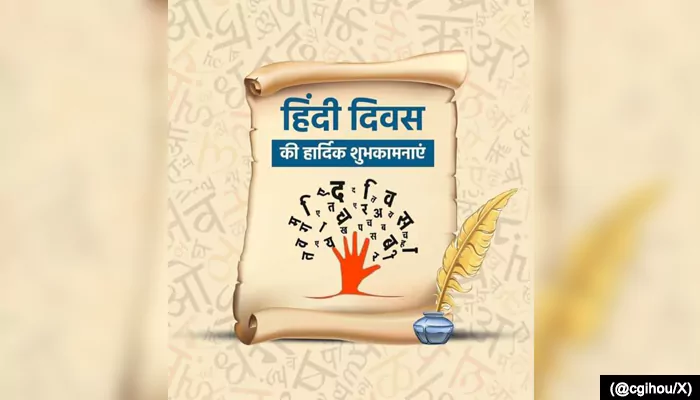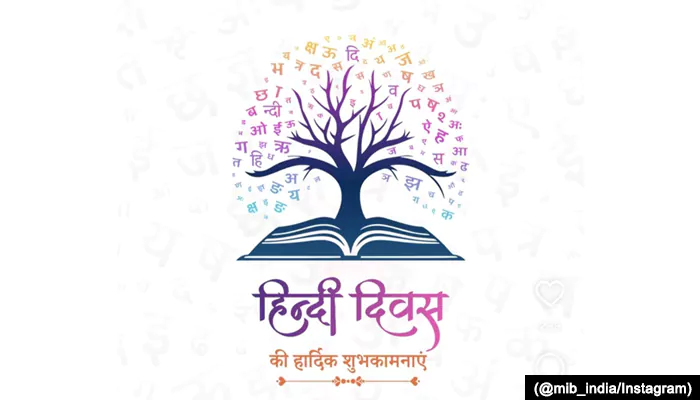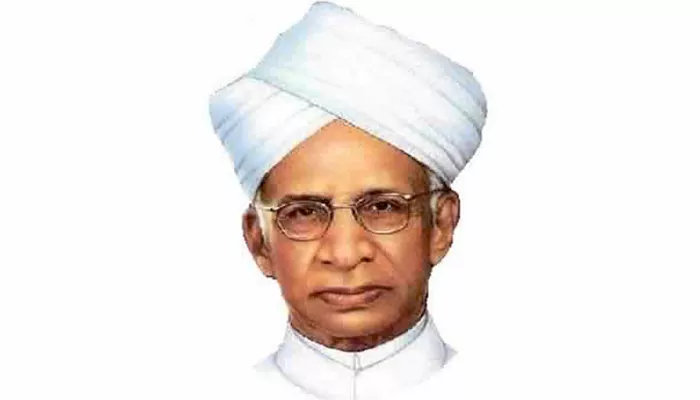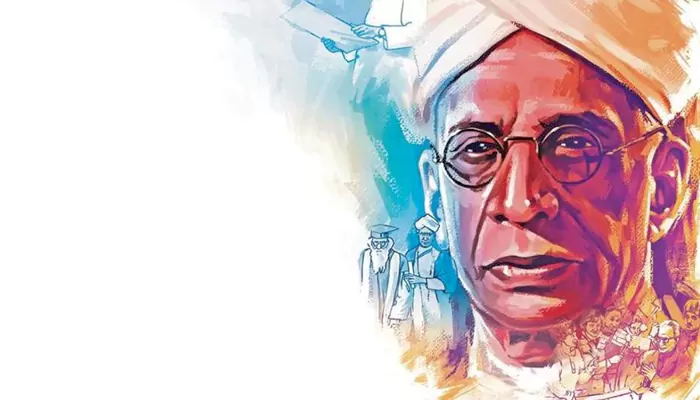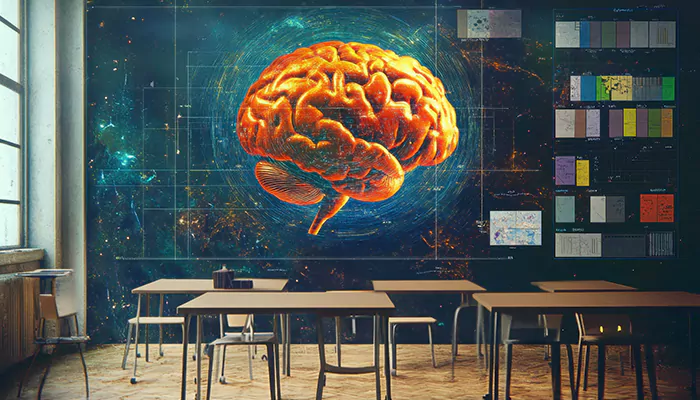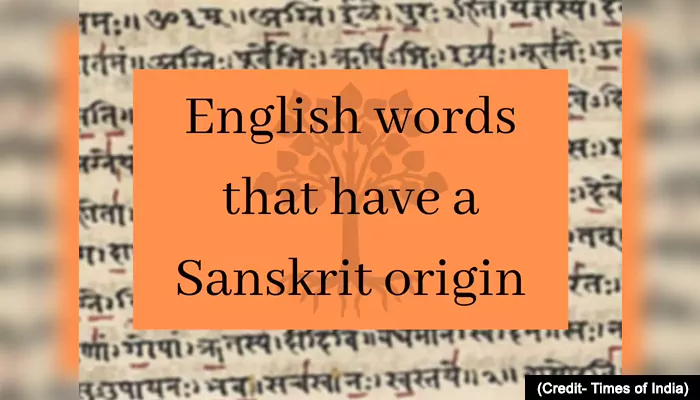Through their pens, Hindi found its voice; this Hindi Diwas, we remember the icons who made it immortal.
Every year on September 14, India celebrates Hindi Diwas, honoring the adoption of Hindi as one of the country’s official languages. It’s a day to celebrate not just the language, but the rich literary legacy that has flourished through it. From timeless poetry to thought-provoking novels, Hindi literature has been shaped by authors whose words continue to inspire generations. This Hindi Diwas, we take a moment to remember and pay tribute to the iconic Hindi authors whose works have left a mark on literature and culture.
Munshi Premchand
Premchand, a pioneer in Hindi and Urdu social fiction, is celebrated as one of the leading Hindi writers of the early twentieth century. Revered as the ‘Upanyas Samrat’ (Emperor of Novels), he explored themes like caste hierarchies, and the struggles of women and laborers in the society of the late 1880s. Some of his essential works include ‘Godaan’, ‘Karmabhoomi’, ‘Gaban’, ‘Mansarovar’, ‘Idgah’, and many more.
![]()
Harivansh Rai Bachchan
Harivansh Rai Bachchan was a renowned poet and writer associated with the Nayi Kavita movement (the romantic upsurge) in early 20th-century Hindi literature. Best remembered for his iconic work ‘Madhushala’, he received the Sahitya Akademi Award in 1969, and later, in 1976, was honored with the Padma Bhushan by the Government of India for his remarkable contribution to Hindi literature.
Maithili Sharan Gupt
Maithili Sharan Gupt is recognized as a pioneer of Khari Boli poetry, choosing to write in the plain dialect at a time when most Hindi poets favored Braj Bhasha. A leading figure of the Chhayavaad movement, his works emphasized romanticism and introspection, marked by a distinct lyrical quality. His celebrated collection ‘Bharat-Bharati’, earned him the title of ‘Rashtra Kavi’, bestowed upon him by Mahatma Gandhi.
![]()
(Credit: India Today)
Mahadevi Varma
Mahadevi Varma is regarded as one of the four central pillars of the Chhayawadi era in Hindi literature. Between 1930 and 1988, she published eight poetry collections along with several volumes of essays, speeches, and prose. Her writings reflect her experiences both before and after India’s independence and highlight her role as a social reformer, especially in championing women’s liberation. Varma’s literary legacy spans poetry, essays, and short stories, marking her as one of the most influential voices of her time.
![]()
Suryakant Tripathi ‘Nirala’
Suryakant Tripathi ‘Nirala’ is also celebrated as one of the four key pillars of the Chhayavad era in Hindi literature. While he mastered traditional poetic meters, he also transformed Hindi poetry by pioneering the use of free verse, becoming the first poet in Hindi to do so. Nirala proved that poetry could preserve its lyrical essence and rhythm even without rhyme, leaving an enduring impact on modern Hindi literature.
Ramdhari Singh Dinkar
Ramdhari Singh Dinkar rose to prominence as a poet of rebellion, with his powerful nationalist verses during the pre-independence era. His works embodied ‘Veer Rasa’ (the heroic sentiment), earning him titles like ‘Rashtrakavi’ (National Poet) and ‘Yuga-Chāraṇa’ (Bard of the Era) for their stirring patriotic spirit. His epic ‘Rashmirathi’, which retells the life of Karna from the ‘Mahabharata’, stands as a timeless masterpiece reflecting courage, valor, and sacrifice.

